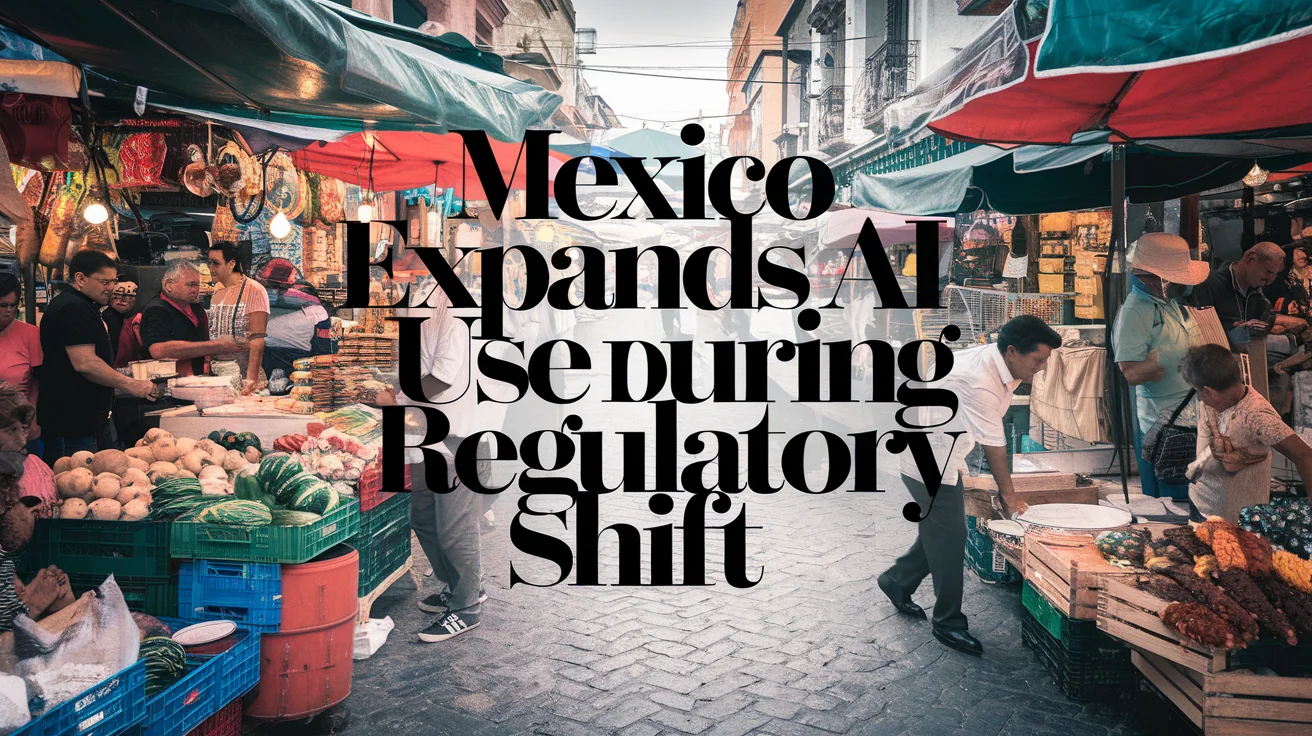Mexico Expands AI Use During Regulatory Shift

Mexico is currently experiencing a significant phase of integrating artificial intelligence (AI) into its public, private, and daily processes. Despite this advancement, the country lacks a unified national law governing the deployment of AI technologies. This transitional state is seen as a unique opportunity to glean insights from other jurisdictions and identify potential regulatory gaps that could arise as AI continues to evolve.
The regulatory landscape of Mexico reflects a more extensive global trend where governments assess how best to manage the emergence of AI while fostering innovation. For instance, the European Union employs a risk-based model characterized by stringent obligations for developers and provider compliance, as outlined in the AI Act. In contrast, the United States adopts a more flexible, sectoral approach that encourages incremental oversight. In Latin America, countries like Peru have enacted phased laws, while El Salvador emphasizes innovation with minimal regulatory interference.
Currently, Mexico operates its AI integration through various dispersed legal instruments that were not necessarily designed for autonomous systems or algorithmic decision-making. These include data protection laws, intellectual property regulations, and developing judicial standards. This dispersed structure indicates an early regulatory phase where practical application of AI occurs before comprehensive legislative action.
The recent reform to Mexico’s Federal Law on Protection of Personal Data Held by Private Parties mandates organizations to notify individuals when automated systems make decisions involving personal data. This requirement for transparent channels of objection has significant implications for businesses leveraging AI for operational workflows, classification models, or automated assessments.
A noteworthy judicial decision affirmed the use of an AI tool to determine the amount of a legal guarantee, on the condition that the process was supervised by a human. This case illustrates early acceptance of AI as a supportive technical resource while emphasizing the necessity of human oversight in legal contexts.
The stance on intellectual property is equally cautious. The Mexican Institute of Industrial Property has rejected copyright protection for content generated autonomously by AI, aligning with international views that necessitate human involvement for authorship recognition.
As AI adoption continues to broaden across various sectors such as financial services, retail, healthcare, logistics, and manufacturing, companies face challenges arising from the absence of comprehensive AI legislation. This void creates uncertainty regarding long-term compliance, liability considerations, and the necessary documentation practices.
Legislative discussions are currently underway in the Senate, bringing together specialists, industry stakeholders, and government representatives to assess potential regulatory frameworks. While existing global models offer valuable reference points, stakeholders assert that Mexico must develop a regulatory structure that is congruent with its legal framework and technological context, aiming to clarify responsibilities for developers, providers, and users, all while ensuring competitive standing in the global landscape.
As the rate of AI adoption increases, organizations are urged to bolster their governance practices concerning automated systems. This includes overseeing data flows, verifying data integrity, and tracking AI performance. Businesses remain obligated to comply with data protection standards, uphold professional duties, and maintain transparency in their AI deployments.